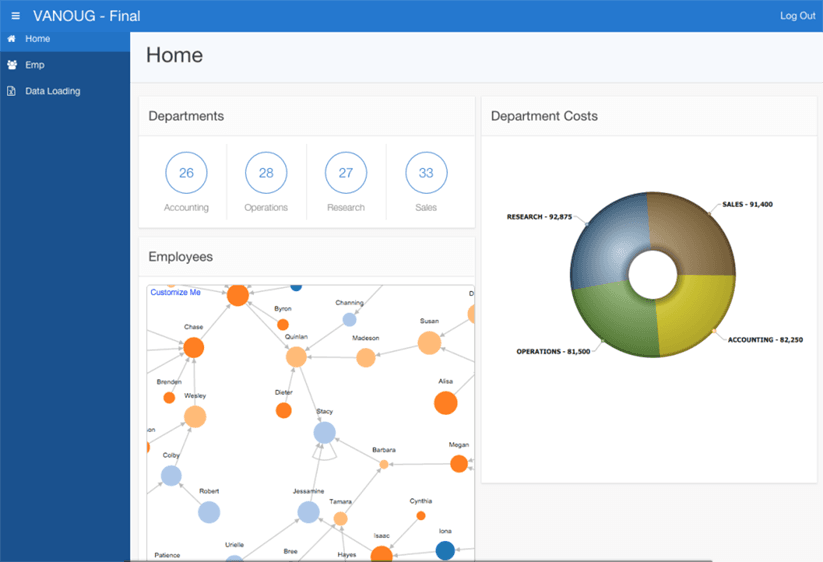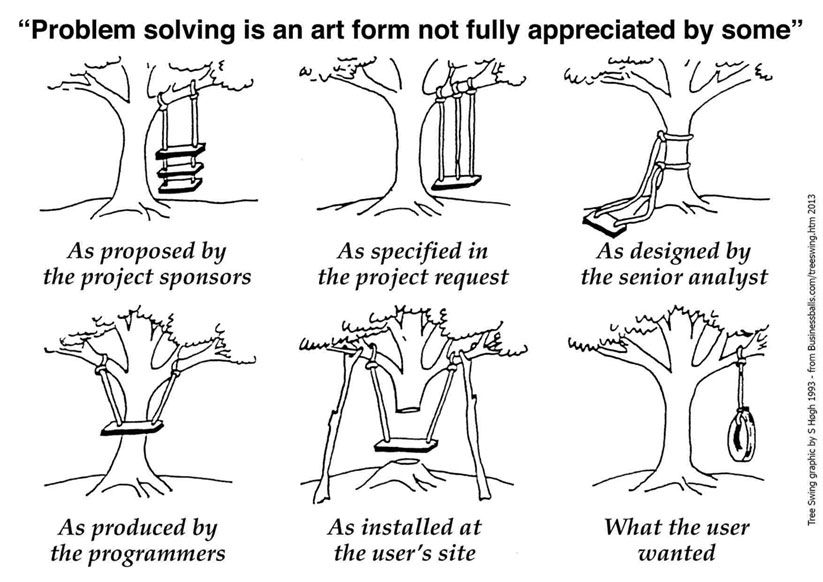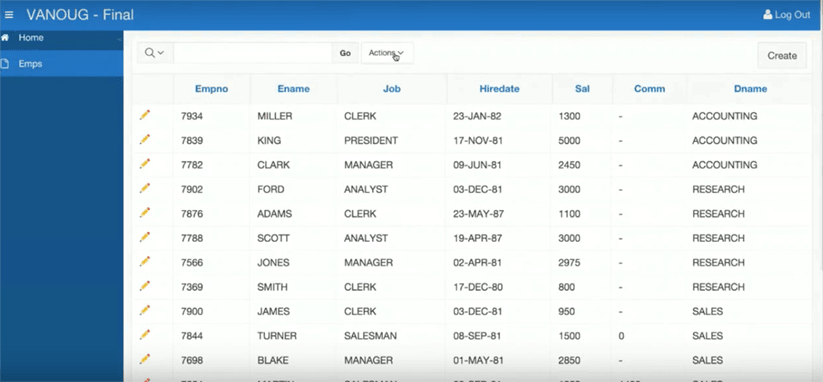Note: This blog post was summarized from Martin D’Souza’s BCOUG presentation, Oracle APEX & the Future of Enterprise Development.
Today, two modes or two speeds of IT development exists within enterprise companies; this modern-day development is defined by Gartner as bimodal IT. The first mode is the inexpensive, fast paced development is completed by tech giants like Google and startups like, Slack. Developers in this fast paced mode are constantly releasing small improvements to the system which allows for the ability to quickly respond to user’s needs.
On the contrary, there’s the massive, costly, and traditional enterprise development. This process is slow-moving for good reasons. When dealing with large companies, such as banks, a small error can be costly. Airtight and careful development is an absolutely must. Achieving business objectives quickly can be hindered by this process.
Oracle is another example of a company that can be grouped in the slower speed. There’s an unfortunate stigma attached to the company – Oracle’s development is timely and costly. Nonetheless, the end results are very large products with stability and security. However, within the Oracle database is a fast, web-based development tool called Application Express (APEX). APEX is no-cost option to the database; it’s already included. Oracle APEX truly facilitates rapid application development.

Development solution for any enterprise
Oracle APEX provides solutions for both modes of development and all types of businesses. As APEX already resides within the database, the business has the liberty to determine which development mode to apply on their data rather than which tool. This is a major advantage when compared to other development platforms which may only work well with one of the two modes and may require a team to know two different languages.
Martin speaks about APEX development after building many real world applications. His development experience varies from small to medium businesses, major US universities, and large international companies in oil and gas or pharmaceuticals. The development is rapid enough for the smaller companies, yet secure and functional enough for the large enterprises.

How many people have experienced the above issue during development? Misdirection and miscommunication is far too common, and APEX can help. With APEX’s intuitive and modern dashboard style development, you’re able to rapidly prototype and build applications, and gather feedback to clients for a final product.
Watch Martin as he writes one query, then quickly creates an interactive report with robust functionality for a HR manager using Oracle APEX.

Rapid development with amazing functionality
Oracle APEX gives the end-user powerful functionality provided by super quick development. Furthering the feature-rich abilities of APEX are the plugins options. An online community, APEX.World, is a space where developers worldwide are creating and sharing innovations to this same application. The site hosts diverse plug-ins all variated from application. Martin demonstrates the ease of installing a plug-in.
The plug-ins provide amazing functionally, which would take days or weeks to develop, but there are smart APEX developers out there, making life much easier for the APEX community. This functionality is incredibly useful for the end-user, and requires minimal effort for developers to implement, thus, reducing the cost to the business.
There’s a lot of cool things you can do with APEX. It makes the developer look good with minimal efforts and saves the business money by reducing overall development costs. APEX works for both modes of IT – valuable for slower moving companies which require the consistency and security, but ideal for more agile organizations looking to quickly display front-end results for users. Leveraging the power APEX can truly boost productivity and create dynamic functionality. If your business is rapidly moving, rapidly development, Oracle APEX can still work within those bounds and do a lot more.
